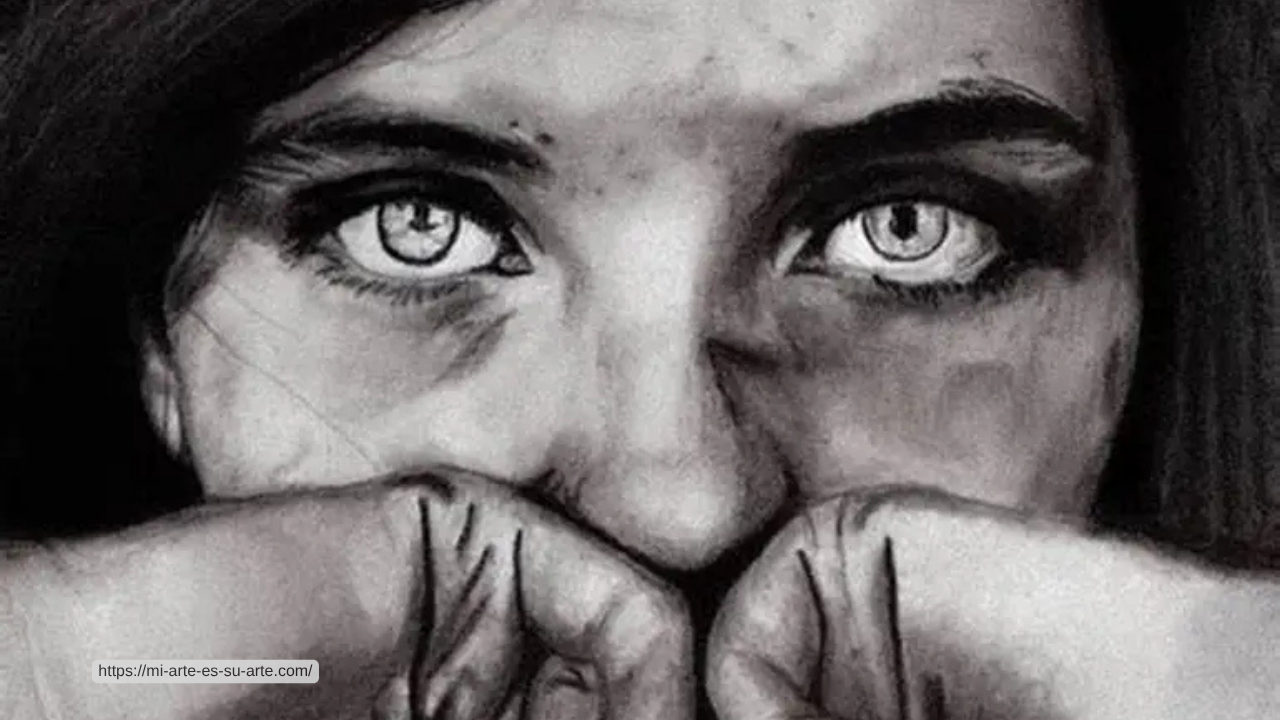 Artistic expression has the power to move, inspire, and transform. For artists, the studio or workspace is often a sanctuary, a place to explore emotions, ideas, and imagination. Yet behind this creative space, many artists grapple with deep struggles in silence. Mental health challenges, addiction, and emotional vulnerability often remain hidden, even as their work captivates audiences. Understanding why so many artists suffer quietly is essential for fostering a culture of support and recovery.
Artistic expression has the power to move, inspire, and transform. For artists, the studio or workspace is often a sanctuary, a place to explore emotions, ideas, and imagination. Yet behind this creative space, many artists grapple with deep struggles in silence. Mental health challenges, addiction, and emotional vulnerability often remain hidden, even as their work captivates audiences. Understanding why so many artists suffer quietly is essential for fostering a culture of support and recovery.
The Hidden Vulnerability of Artists
Artists are frequently highly sensitive individuals. Their ability to experience and process emotions deeply fuels their creative work but can also make them more susceptible to anxiety, depression, and stress. The same sensitivity that allows for authentic expression can also intensify feelings of self-doubt and isolation.
The Weight of Perfectionism
In addition to emotional sensitivity, artists face pressures to perform and produce consistently. Deadlines, public expectations, and financial concerns can create relentless stress. Many artists struggle with perfectionism, feeling that their work is never quite enough. Over time, this pressure can exacerbate mental health challenges and increase vulnerability to substance use as a form of relief.
Isolation and Loneliness
While creativity often requires solitude, prolonged isolation can be damaging. Hours spent alone in studios or rehearsal spaces can lead to feelings of loneliness and disconnect from supportive networks. Without guidance or community, artists may turn to unhealthy coping mechanisms, including alcohol, drugs, or other addictive behaviors, which can intensify emotional pain and disrupt creative potential.
Addiction in the Artistic Community
Substance use can sometimes appear to offer temporary relief from emotional stress or spark inspiration. Unfortunately, reliance on drugs or alcohol often evolves into dependency, creating a cycle that harms both mental health and artistic expression. Addiction not only affects productivity and relationships but also deepens feelings of isolation, shame, and despair.
Recognizing the Need for Help
It is essential for artists and those around them to recognize the signs of struggle early. Changes in behavior, withdrawal from social connections, or increased reliance on substances can indicate that intervention or support is needed. Acknowledging these challenges is the first step toward recovery and a healthier, more sustainable creative life.
Healing Through Holistic and Individualized Care
Recovery for artists requires comprehensive support that addresses both mental health and addiction. Holistic programs integrate counseling, creative therapies, physical wellness practices, and faith-based support to nurture the mind, body, and spirit. Individualized care ensures that each artist’s unique experiences, creative outlets, and personal goals are central to their treatment plan.
Inpatient and Outpatient Options
Inpatient programs offer structured environments for intensive healing, providing safety and focus for those struggling deeply. Outpatient programs allow flexibility for artists who wish to continue creative or professional work while engaging in ongoing therapy and support. Both approaches prioritize emotional well-being, coping skills, and the safe integration of creativity into recovery.
Reclaiming Life and Creativity
Recovery is not just about overcoming addiction—it is about restoring balance, resilience, and purpose. Artists who seek support can rediscover their creative voice in a way that is sustainable and fulfilling. By addressing mental health challenges and addiction with compassion and professional guidance, creatives can transform their struggles into growth and continue producing work that is meaningful both to themselves and others.
Reaching Out Is the First Step
The journey from the studio to struggle does not have to be walked alone. If you or a loved one is facing addiction, anxiety, or depression, help is available. Compassionate, individualized, and holistic care can provide the support needed to reclaim health, creativity, and joy. Taking the first step toward recovery can lead to a stronger, more resilient, and empowered artistic life.